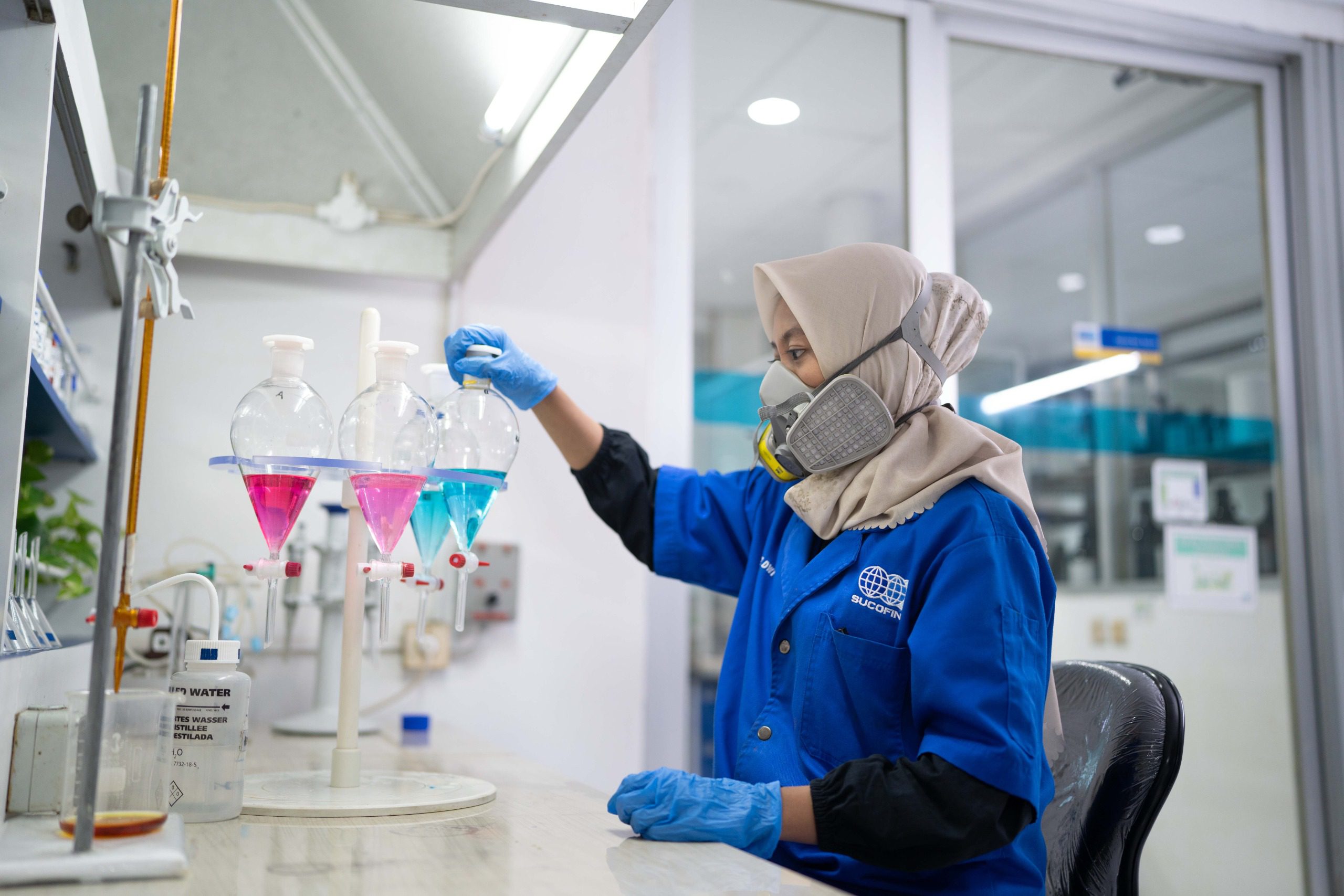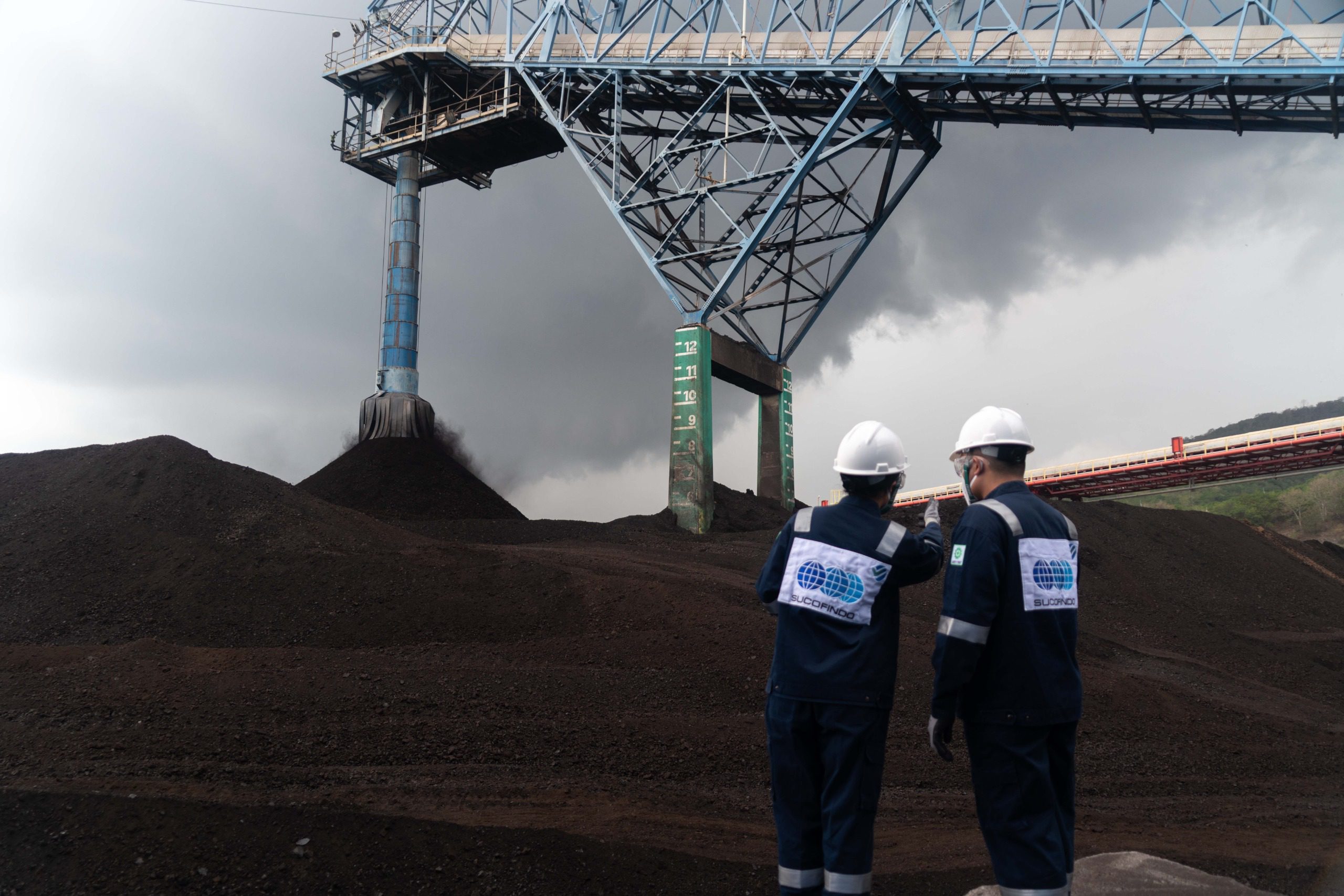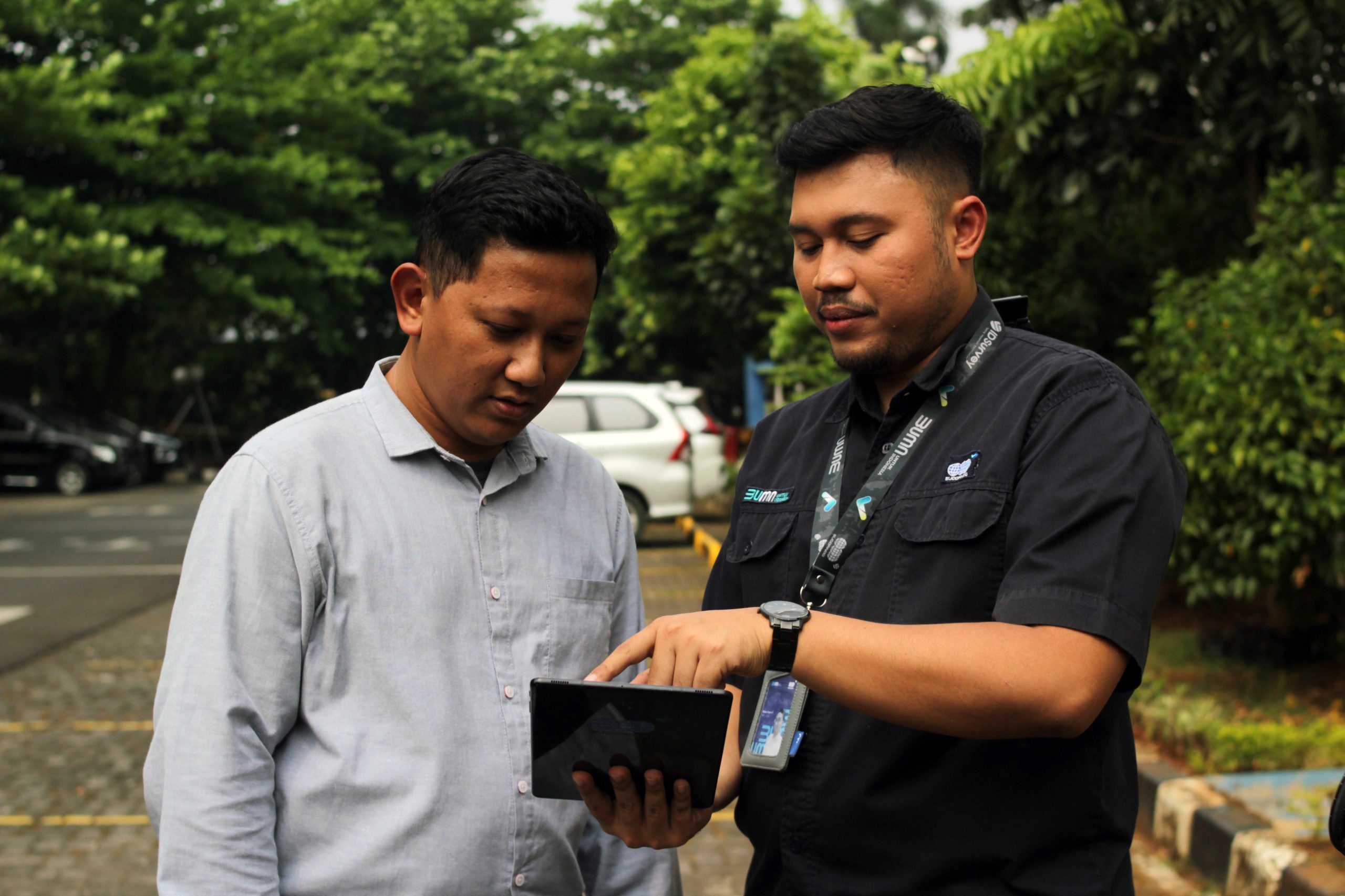Sustainable mining is a mining practice aimed at minimizing negative impacts on the environment, communities, and the economy, while optimizing the benefits of mining activities. Sustainable mining practices are based on sustainability principles that encompass various aspects, including:
- Environment: Sustainable mining seeks to minimize negative impacts on the natural environment. This includes reducing water and air pollution, wise waste management, preserving natural habitats, and taking actions that support ecological sustainability.
- Social: Sustainable mining considers the well-being of local communities affected by mining activities. This involves consulting with local communities, creating job opportunities, supporting education and health, and ensuring that local communities benefit from mining.
- Economic: Sustainable mining aims to support sustainable economies in its region. This includes contributing to the local economy, fair tax payments, and long-term development that does not solely depend on mining.
- Occupational Health and Safety: Safety and occupational health are crucial aspects of sustainable mining. Mining operations must provide a safe working environment for all employees and contractors involved in these activities.
- Use of Sustainable Resources: Sustainable mining strives to use natural resources such as water, energy, and fossil fuels efficiently and sustainably.
- Mine Reclamation: A crucial part of sustainable mining is the reclamation of former mining areas. When a mine is no longer active, the land should be restored to its natural state or transformed into a beneficial economic or social use.
- Transparency and Accountability: Sustainable mining requires transparency in its operations and open reporting to stakeholders about its impacts and performance.
- Innovation and Technology: Implementing environmentally friendly technology and innovation in mining processes to reduce environmental impact and improve operational efficiency.
Sustainable mining is not just about producing minerals or natural resources in a more sustainable way; it’s also about taking greater social and environmental responsibility in a broader context. In its pursuit of sustainability, the mining industry continues to develop best practices that respect our planet and support human well-being.
Transforming the nickel mining industry into a sustainable one is a complex challenge, but it is essential to minimize negative impacts on the environment, society, and the economy. Here are some steps you can take to make nickel mining more sustainable:
- Sustainable Environmental Management:
- Mine Reclamation: Reclaiming former mining land to restore natural ecosystems. This includes reforestation, land restoration, and maintenance.
- Water Management: Reducing water pollution by efficiently treating mining waste, collecting and processing rainwater, and implementing wise water management practices.
- Dust Control: Controlling dust generated during the mining process using advanced technology, ground cover vegetation, and irrigation practices.
- Implementation of Sustainable Mining Practices:
- Energy Efficiency: Adopting energy-efficient technologies to reduce energy consumption in mining processes.
- Recycling and Reuse: Increasing the recycling of materials such as iron, steel, and catalysts in nickel mining processes.
- Use of Sustainable Materials: Using environmentally friendly materials in infrastructure development and mining equipment, reducing the use of hazardous materials.
- Community Well-being and Stakeholder Engagement:
- Consultation with Local Communities: Engaging in open dialogue and consultation with local communities and stakeholders to understand their concerns and find collaborative solutions.
- Partnership Programs: Building partnerships with local communities to develop social and economic projects that directly benefit the surrounding communities.
- Skills Development and Education: Providing training and education to the local community to equip them with the skills needed to work in the mining industry and related sectors.
- Legal Compliance and Regulations:
- Compliance with Environmental Regulations: Adhering to all applicable environmental regulations and committing to exceed minimum standards.
- Independent Audits: Conducting independent audits to ensure compliance with existing standards and regulations.
- Investment in Environmentally Friendly Technology:
- Development of Green Technologies: Investing in research and development of environmentally friendly technologies to reduce the environmental impact of nickel mining, such as water purification technology, the use of renewable energy, and better waste management.
- Monitoring and Transparent Reporting:
- Continuous Environmental Monitoring: Continuously monitoring environmental impacts and transparently reporting findings to stakeholders.
- Sustainability Reporting: Publishing annual sustainability reports that cover the company’s social, environmental, and economic performance to maintain accountability.
- Education and Awareness:
- Raising Awareness: Increasing awareness and understanding of the importance of sustainable nickel mining among all stakeholders, including local communities, employees, investors, and consumers.
- Industry Collaboration:
- Collaboration with Mining Companies and Industry Associations: Collaborating with nickel mining companies and other industry associations to develop and share sustainable practices and address challenges collectively.
Make sustainability goals an integral part of the business strategy. Balancing economic, social, and environmental interests is key to making the nickel mining industry more sustainable.
For more information about consulting services and the Mineral Mining Sector, you can read our article here. If you and your company need further information regarding our services, please contact and consult with us here.







